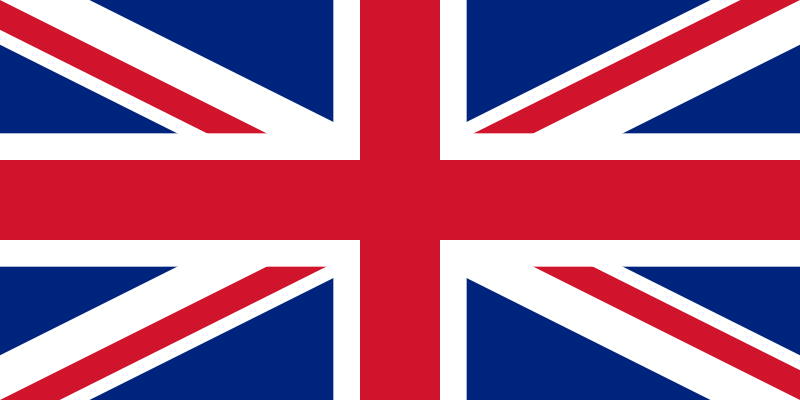
Washington and Islamabad have barely been on speaking terms since US forces killed Osama bin Laden last year. But with American and NATO troops set to leave neighboring Afghanistan soon, nuclear-armed Pakistan has little motivation to improve relations. Hatred of the US is growing in the country.
Sheikh Rashid Ahmed leans back in his desk chair as he makes a continuous stream of phone calls in his dimly lit office. The TV set is switched on, yet muted and in front of him is a revolver in its holster. He reaches for it, smiles and then lets it sit there. He has carried a weapon since hired killers shot at him from a motorcycle two years ago.
Ahmed, 61, is a veteran of Pakistani politics. He served in several cabinet posts under Pervez Musharraf, Pakistan’s president from 2001 to 2008, most recently as the Federal Minister for Railways. When Musharraf was forced to resign four years ago, Ahmed went down with him. After that, he became religious and founded his own party, the “Awami Muslim League Pakistan,” and formally declared jihad on America.
For weeks, Ahmed has been going around the country with a traveling circus of militant, religious men, whipping up the masses into a frenzy against the United States. Together, the men stand around the microphone, their index fingers raised, as each of them says that it is Allah’s will that the superpower will lose the war in Afghanistan, and that Pakistan too must now cast off its yoke. They preach hate.
The traveling circus consists of the leaders of 44 religious groups who joined forces about half a year ago to form the “Pakistan Defence Council.” They include orthodox mullahs and jihadists, Muslim sect leaders and members of Islamic revival movements. Ahmed is among the more moderate forces, unlike Hafiz Saeed, who is considered to be the mastermind behind the deadly attack on two hotels and a train station in Mumbai in November 2008, in which 166 people died.
The US government, which believes that Saeed is one of the world’s most dangerous terrorists, recently announced a bounty of $10 million (€7.7 million) for his capture. This appeared to amuse Saeed, who promptly called a press conference in Rawalpindi, where he made several remarks about his excellent connections to the Pakistan security services and joked about the bounty: “I am here, and I am visible. America should give that reward money to me. I will be in Lahore tomorrow. America can contact me whenever it wants to.” No Pakistani prosecutor has any intention of ordering the arrest of Saeed. In his homeland he is a hero, not a villain.
“The Ally From Hell”
The relationship between Pakistan and the United States was contaminated by malicious interests, pursued by both parties, from the start. Causes for mutual suspicion has been plentiful and they have only increased over the years. US Secretary of State Hillary Clinton has just repeated her admonishment of the Pakistan army to finally go after the Haqqani network.
In NATO’s assessment, the Pashtun clan of the Haqqanis, based in northwest Pakistan, poses a serious threat to the troops in Afghanistan. More than 40 people died in seven simultaneous attacks in Kabul’s diplomatic district in mid-April. Last week, shortly after Obama had completed his unannounced visit to Afghanistan, 11 people were killed in a suicide bombing. Soon afterwards, there were three bombings in northwest Pakistan, which killed 25 people, including several tribal elders who had spoken out against the Taliban.
From the perspective of the Pakistani army and the country’s main intelligence agency, the ISI, there are fewer reasons than ever to take action against terrorist groups. The West plans to withdraw from Afghanistan by the end of 2014, at which point Pakistan hopes to exert its influence on developments in the neighboring country. To do so, it maintains allies at all levels, including the Haqqani clan and the Taliban. The United States, for its part, also wants to retain its influence in the region after 2014, and Pakistan remains a suitable base for its operations. Besides, unstable Pakistan is a nuclear power, and one of the West’s biggest nightmares is that terrorists could gain access to its nuclear weapons.
In December, an article in the respected US magazine The Atlantic created a furor in both the United States and Pakistan. The piece, titled “The Ally from Hell,” begins as follows: “Pakistan lies. It is home to both radical jihadists and a large and growing nuclear arsenal. With a friend like this, who needs enemies?”
The two authors describe in detail how great the military’s fear is that it could be deprived of its nuclear weapons. But, they note, the Pakistani generals’ fears are not directed at al-Qaida, as one might assume, but the United States. According toThe Atlantic, Pakistan’s security apparatus saw the attack on Bin Laden as an indication “that the US has developed the technical means to stage simultaneous raids on Pakistan’s nuclear facilities.”
The security measures Pakistan uses to protect its arsenal are also noted. Warheads or components of the nuclear weapons sometimes have to be updated and, to do so, are brought to the appropriate facilities. Sometimes the transports are done by helicopter, but sometimes “in civilian-style vehicles without noticeable defenses, in the regular flow of traffic,” write the Atlantic authors.
Nuclear warheads being transported in delivery vans in the midst of the chaos of large Pakistani cities — it’s a singular idea, born of a paranoid view of America
Spiegel has the full article










